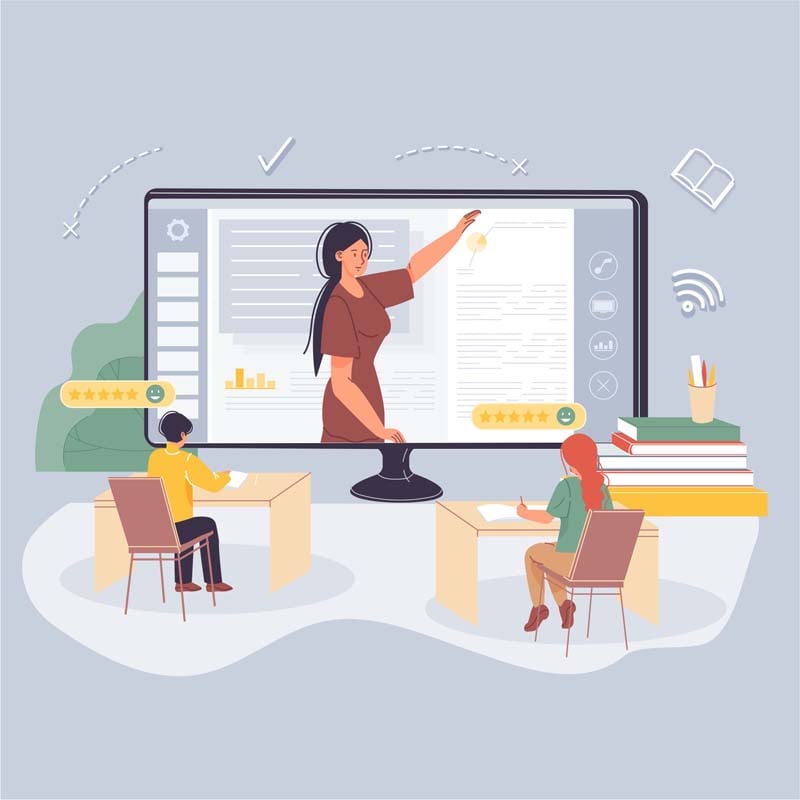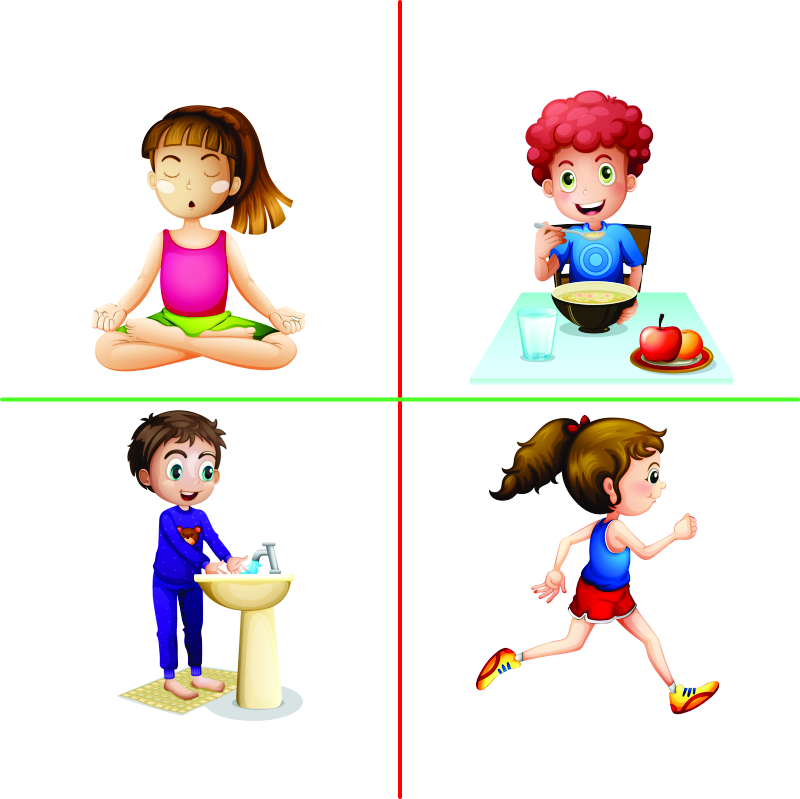The traditional advice of “study hard and you’ll succeed” is commonly heard, but Effective studying is just as important as putting in the effort. To excel academically, it’s crucial to make the most of every study session. The key is to focus on being more efficient rather than just spending more time studying. Below are ten proven strategies to help you study smarter, not harder.
- Set Clear Goals- Rather than randomly deciding to study, start by setting specific, manageable goals. Break down the material into smaller chunks, making it easier to focus. For example, instead of “study for the math test,” aim for “complete Chapter 3 practice problems for 30 minutes.” Clear goals help maintain focus and ensure you’re on the right track.
- Engage in Active Learning -Active learning involves engaging directly with the material by summarizing, teaching, or applying the concepts. This deeper interaction helps strengthen your understanding and retention.
- Use the Pomodoro Technique -This technique involves studying in 25-minute intervals followed by a 5-minute break. After four sessions, take a longer break. This technique helps maintain focus while preventing burnout, making study sessions more productive and effective.
- Prioritize Tasks-Not all tasks carry the same level of importance. Begin with the most challenging or crucial subjects when you have the most energy, and leave simpler topics for when you’re feeling tired. This ensures that you tackle tough subjects with maximum concentration and energy.
- Test Yourself Regularly-Self-testing is a powerful way to reinforce learning and boost memory retention. Try using flashcards, past exams, or mock quizzes to test yourself. This technique helps you identify weak areas and builds confidence ahead of real exams.
- Create a Study Schedule- A study schedule provides a structured plan for your study time. Assign specific time blocks to different subjects, ensuring that each area gets adequate attention. Be realistic about how much time you need, and avoid cramming. Consistent, planned sessions are more productive than last-minute marathons.
- Use Multisensory Learning-Engage multiple senses when studying to improve retention. Read aloud, draw diagrams, or use visual aids to reinforce learning. Using different methods—visual, auditory, and kinesthetic—can help you absorb information more effectively.
- Take Care of Your Body- Effective studying also requires taking care of your Physical health. Ensure you get adequate sleep, eat nutritious meals, and stay hydrated. Physical exercise can improve focus and memory, so incorporate regular breaks for physical activity to stay sharp and focused.
In conclusion, studying smarter isn’t about spending more hours with your textbooks; it’s about making your study time more efficient and productive. By setting clear goals, using active learning, managing your time well, and prioritizing your well-being, you can achieve better results with less effort. Start applying these strategies today to see improvements in your academic performance.









.jpg)









